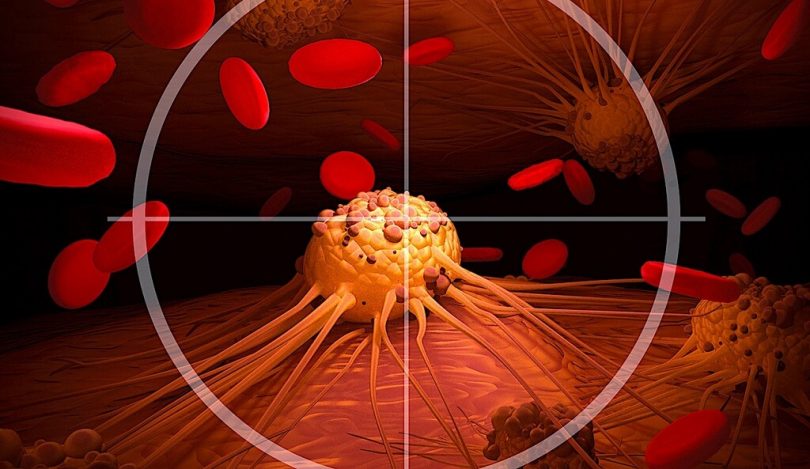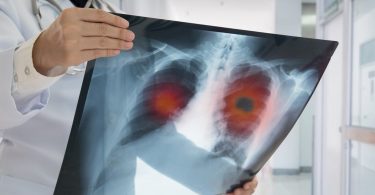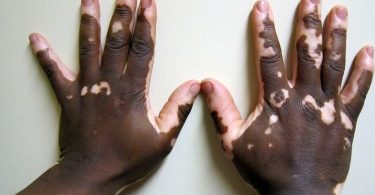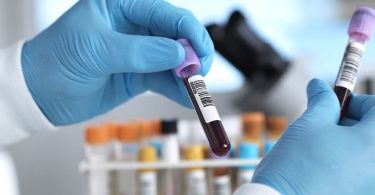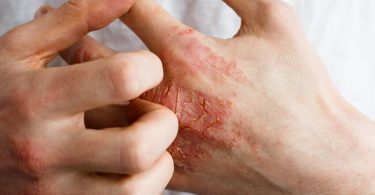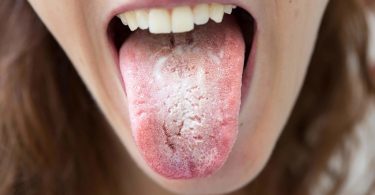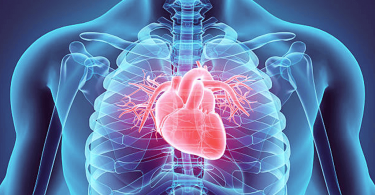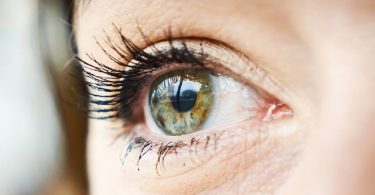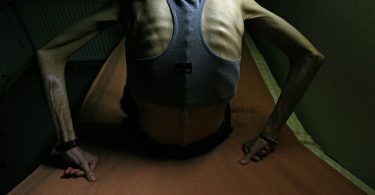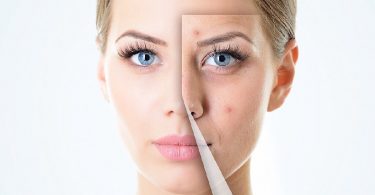Even though cancer is still a scary disease, its mortality has dropped by 20% in 20 years. Significant advances have been made in screening and treatment: genetic tests, targeted therapies, etc. So, in this article we will talk about : Cancer causes, symptoms and treatment.
Contents
Definition
Generally speaking, this disease is characterized by the abnormal and uncontrolled proliferation of certain cells within the body.
They eventually form a mass called a malignant “tumor”.
Cancer cells, which are initially limited locally, may sometimes pass into the blood or lymphatic system. They then invade other organs: this is the phenomenon of metastasis.
Almost, the development of tumor cells can affects all tissues and organs. There are thus a hundred cancers.
The main cancers are:
- Ovaria cancer
- Cervical cancer
- colorectal cancer – Colon and rectal
- Skin cancer
- Throat cancer
- Pancreatic
- Thyroid cancer
- Testicular cancer
- liver
- Stomach cancer
- cancer of the larynx
- leukemia
- Esophageal cancer
- Lung cancer
Cancer causes
Heredity (genetic predisposition), lifestyle (smoking, alcohol consumption, sedentary lifestyle) and environmental factors cause this disease.
The WHO ( World Health Organization ) regards the air pollution outside as “some carcinogenic”. Also, Experts believe that pollution causes 10% of lung cancer.
on the other hand, a small proportion (5 to 10%) of cancers is a genetic predisposition. However, a person carrying a mutation predisposing to this disease will not necessarily develop the disease, but he can transmit this mutation to his children.
Cancer symptoms
The clinical symptoms that make you suspect this disease depend on the organ affected.
Prevention councils
Certain types, especially those linked to tobacco and alcohol, are preventable if we act on their main risk factors.Therefore specialists recommend to quit smoking and moderate your alcohol consumption.
More generally, certain lifestyles are more protective than others. In fact, eating a balanced diet, exercising regularly, controlling your weight and paying attention to the sun help reduce the risk of developing this disease one day.
Certain tyes (breast, colon) are subject to screening organized by the State. Participating in these screenings makes it possible to detect this disease at an early stage, sometimes even before the appearance of its clinical symptoms, and without it having had time to spread to other organs.
Exams
For each type, there is a reference examination, or even several:
- mammography for breast cancer,
- Hemoccult II test for colorectal cancer,
- cervico-vaginal smear for cervical cancer…
As well as that, to make the diagnosis of this disease with certainty, a biopsy is performed: this involves taking one or more fragments of the suspect tissue and analyzing it.
Early diagnosis can treat the tumor when it is small and has not yet spread. It increases the chances of recovery.
Cancer treatment
There are three main therapies to treat this diseas :
- surgery: most often it involves removing the tumor and the lymph nodes supplying the affected area.
- radiotherapy: rays or radiations are sent to the tumor in order to damage it and prevent it from developing.
- chemotherapy: it consists of administering chemicals capable of destroying cancer cells. Because it also acts on healthy cells, it can cause general fatigue, nausea and hair loss. These side effects depend on the substances used.
Specialists can use these technique alone or in combination depending on the site and the stage of progression of this diseas .
They prescribes hormone therapy in some so-called hormone-dependent cancers (breast, prostate): it aims to block the stimulation of cancer cells by hormones.
The therapeutic advances made in recent years have considerably increased life expectancy and improved the comfort of life for patients. This is the case with targeted therapies that specifically target the mechanism or protein involved in the development of the tumor.
And after ?
Whatever this disease , lifelong medical follow-up is essential to prevent any risk of recurrence.
Read also: Cataract: causes, symptoms and treatment

